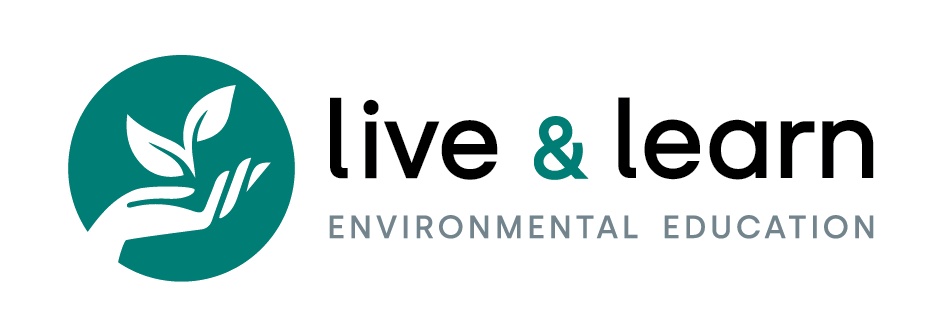The tribe of Kavula, known locally as ‘Yavusa Kavula’, is spread across two villages, Banikea and Kavula, in which the CRI programme is being implemented. These villages are located on the second largest island of Fiji, Vanua Levu. The villages share a surrounding healthy forest ecosystem, with villagers using agricultural land primarily for subsistence.

Although villagers are using newer, higher yielding varieties of crops, rising food insecurity has caused villagers to rely on processed food from urban areas, which is less nutritious and gives rise to health issues. There is a need for sustainable land management.
CRI has begun implementing sustainable agriculture training and providing farming tools, as well as empowering women and youth working in agriculture. Villagers have been trained in planning of the usage of land for farming, goal-setting and indigenous farming practices.
The training program aims to revive the traditional practice of solesolevaki, which involves community members working together for the collective benefit. During training sessions, the farmers were motivated to create farming groups, enabling them to collaborate towards a shared objective of improving their farming practices for a better livelihood.

In the two-day training program, interested farmers were given the opportunity to register for a three-year program. Both individual farmers and households are registered in the program, ensuring that the entire family can reap the benefits.
As part of the registration process, a database was created to store information about the farmers, including their goals and the activities necessary to achieve those goals. The training emphasized the importance of investing a portion of their farm income for long-term financial stability and growth.
Eparama Tamani, one of the Kavula young people participating in the training, said that it has shown the importance of planning, in setting both short-term and long-term goals.
The effectiveness of the training became evident in the following week, when some farmers from Banikea opened both individual and group investment accounts.

Jokapeti Ravuvuni, representing the women of Banikea, said the training has really empowered women to be more active in agricultural practices.
Climate Resilient Islands is a New Zealand Ministry of Foreign Affairs and Trade initiative, implemented by Live & Learn Environmental Education, with funding provided by the New Zealand Government.

